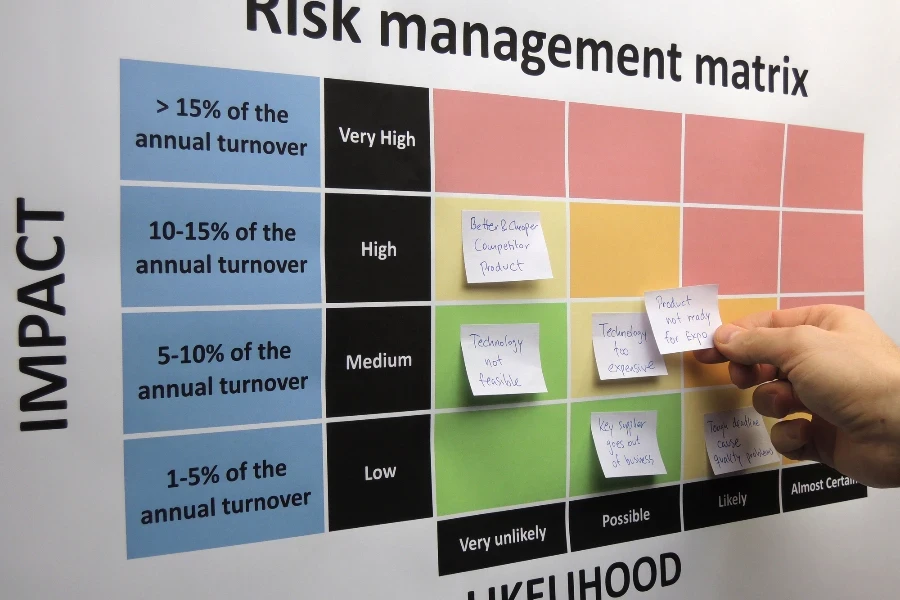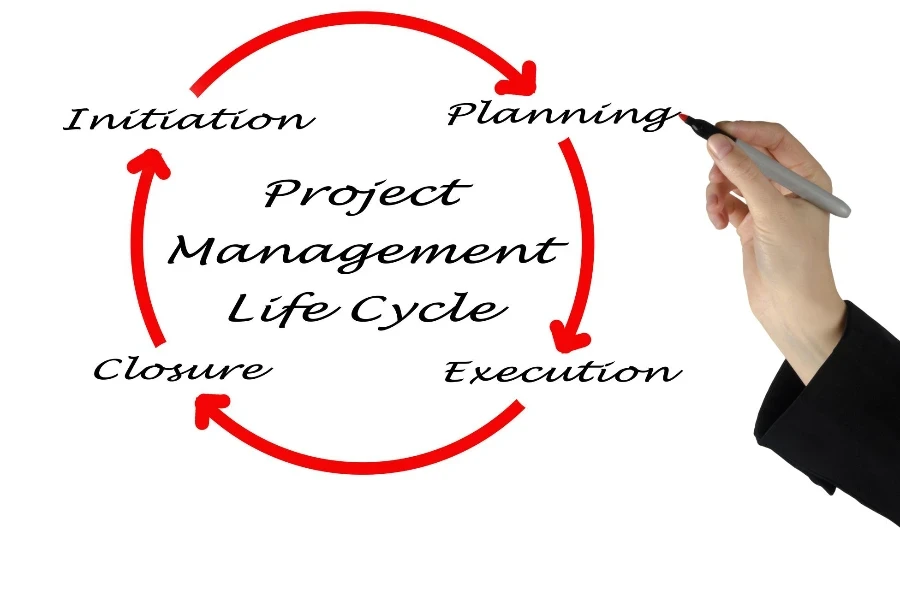In the ever-evolving landscape of business, project management stands as a beacon of order and efficiency. This discipline, at its core, is about guiding a project from inception to completion, ensuring goals are met within constraints such as time, quality, and budget. But what exactly does project management entail, and why is it so crucial for businesses across the globe? This article will explore the intricacies of project management, breaking down its key components and illustrating how it can be a game-changer in any industry.
Table of Contents:
– Understanding project management fundamentals
– The lifecycle of a project
– Key methodologies in project management
– Tools and technologies for effective management
– The future of project management
Understanding project management fundamentals

Project management is more than just a set of tools and techniques; it’s a strategic competency that enables organizations to execute projects effectively and efficiently. At its heart, project management encompasses the planning, organizing, securing, managing, leading, and controlling of resources to achieve specific goals. A project is a temporary endeavor, designed to produce a unique product, service, or result, and it is here that project management shines, turning the vision into reality.
The importance of project management cannot be overstated. It ensures that projects are delivered on time, within budget, and to the agreed-upon quality standards. Moreover, it helps teams navigate the complexities and changes that inevitably arise, minimizing risks and maximizing benefits. Effective project management also fosters clear communication, ensuring that all stakeholders are aligned and informed, which is crucial for the success of any project.
The lifecycle of a project

Every project goes through a series of phases, collectively known as the project lifecycle. Understanding this lifecycle is crucial for effective project management. It typically includes initiation, planning, execution, monitoring and controlling, and closing. Each phase has its own set of tasks and objectives that move the project toward completion.
Initiation is where the project’s value and feasibility are measured. Stakeholders need to agree on the project’s goals, outcomes, and significance. Following initiation, the planning phase involves setting goals, defining roles and responsibilities, and creating a roadmap to achieve the project objectives. This phase is critical as it lays the foundation for the project.
Execution is where the plans are put into action. This phase often requires the most resources and involves coordinating people and processes to deliver the project’s outputs. Monitoring and controlling run concurrently with execution, ensuring the project stays on track and adjustments are made as needed. Finally, the closing phase marks the completion of the project, with a focus on final deliveries, releasing project resources, and determining the project’s success.
Key methodologies in project management

Project management methodologies are essentially frameworks that guide the planning, execution, and completion of projects. They vary widely and can be tailored to fit the specific needs of different industries and projects. Some of the most widely used methodologies include Agile, Waterfall, and Lean.
Agile project management is characterized by its flexibility and iterative approach. It is particularly well-suited for projects requiring adaptability and rapid delivery. Waterfall, on the other hand, is a more linear and sequential approach, where each phase must be completed before the next begins. It’s ideal for projects with well-defined requirements and where changes are unlikely to occur. Lean project management focuses on maximizing value and minimizing waste, emphasizing efficiency and the elimination of non-value-adding activities.
Each methodology has its strengths and weaknesses, and the choice of which to use depends on the project’s specific requirements, complexity, and the environment in which it operates.
Tools and technologies for effective management

In today’s digital age, a plethora of tools and technologies are available to assist project managers and teams in achieving their objectives. These tools offer features for planning, scheduling, resource allocation, communication, and collaboration, making project management more efficient and effective.
Project management software can help teams stay organized and on track, providing real-time updates and facilitating collaboration across different locations. Communication tools are essential for keeping everyone informed and aligned, while resource management technologies ensure that resources are utilized efficiently, and bottlenecks are minimized.
The right set of tools can make a significant difference in the success of a project, enabling better decision-making, improving productivity, and fostering a culture of transparency and accountability.
The future of project management

As the business world continues to evolve, so too does the field of project management. Emerging trends such as artificial intelligence (AI), machine learning, and big data are set to transform how projects are managed and executed. These technologies promise to bring about greater efficiencies, predictive analytics for risk management, and enhanced decision-making capabilities.
Moreover, the importance of soft skills such as leadership, communication, and emotional intelligence is increasingly recognized in the project management space. As projects become more complex and teams more diverse, the ability to lead, motivate, and navigate the human aspects of project management will be as critical as technical skills.
The future of project management is bright, with new challenges and opportunities on the horizon. By staying informed and adaptable, project managers can continue to drive success in this dynamic landscape.
Conclusion
Project management is an essential discipline that transcends industries, enabling organizations to turn ideas into reality. Through effective planning, execution, and monitoring, project managers can steer projects to success, overcoming challenges and maximizing value along the way. As the field continues to evolve, embracing new methodologies, tools, and technologies will be key to staying ahead. Ultimately, the future of project management is one of opportunity, innovation, and continual growth.



